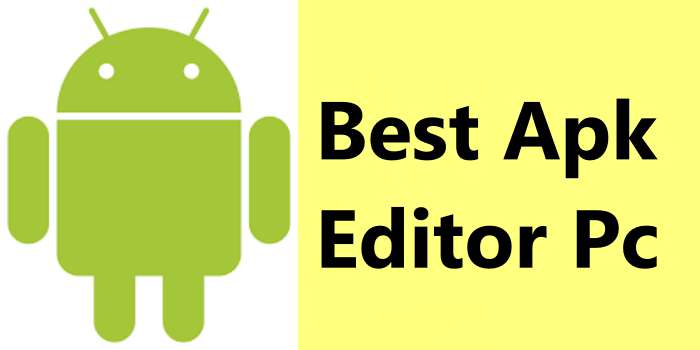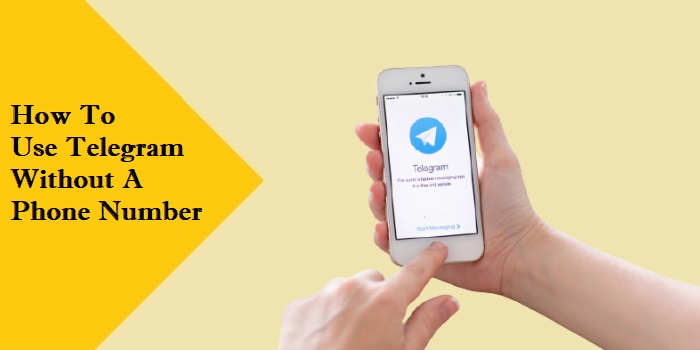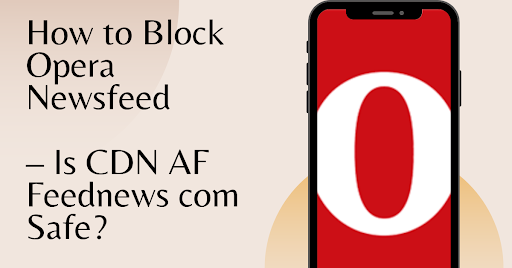The Top Uses of Our Smartphones
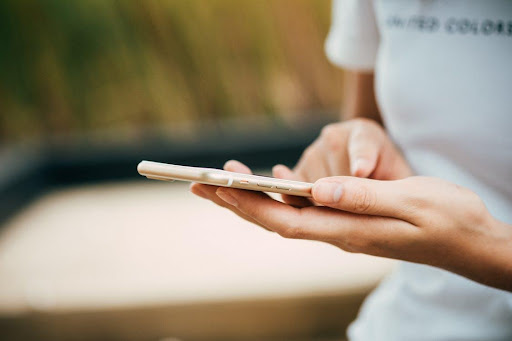
The smartphone revolution has seen innovation that is almost unbelievable in the last decade, and the very first cellular telephone users could not have imagined the connectivity that we have at our fingertips today.
Smartphones allow us to make and receive calls, of course, but that hasn’t been the main use of these devices for most people – not when they have the internet, hundreds of thousands of applications, and instant messaging services at hand.
With smartphones, you can operate a business at the beach, you can have a video conversation with someone on the other side of the world, and you can while away some time playing games while you are waiting for an appointment.
We have come a long way from the heavy, clunky cellular phones of the ‘80s, but how has the technology evolved?
A Brief History of Mobile Phones
Although some work had been done in the last century in creating reliable mobile telecommunication, the first use of what we would recognise as a cellular device was a call made in Manhattan in 1973. Japan led the charge in creating cellular telephone access from 1979, but for the Western world, it wasn’t until the early ‘80s that the public began to get access to mobile technology.
Motorola had the honour of selling the first ‘mobile’ telephone to the public – although weighing in at more than 2lbs and taking 10 hours to charge enough for a thirty-minute conversation, the $3,995 price was not the only eye-watering thing about it.
In 1991, the GSM network linked Europe, and the Nokia 1101 was the first mobile phone that had more capability than just phone calls – they pioneered text messaging. Multi-button presses to get letters from a number pad, and a 160-character limit that made acronyms like LOL the standard, nevertheless text messages were something pretty new and awesome.
The first real smartphone made use of the 3G network launched in 2001 in Japan, and it was unveiled by Steve Jobs at Macworld in 2007 – the iPhone. No keypad, touchscreen, and the capability to surf the web (and not the watered-down version that some of the earlier manufacturers had created) made the iPhone the peak of innovation.
Today, there are 6.5 billion smartphone users globally, and more people in the world own a smartphone than a toothbrush. 94% of people aged 18-29 have a smartphone, and they use them for hours a day.

Popular Uses for Smartphones
In 2021, mobile usage accounted for more than a third of media consumption around the world. Over 70% of web traffic comes from mobile devices.
Smartphone users have so many ways to spend time on their mobile devices. From watching movies, playing games, paying bills, and online shopping, the way that different groups of people use their smartphones differs across age ranges and across the globe.
Google Searches
With access to all the information you could possibly need at hand, Google (and other search engines) provide instant access to knowledge. A quick Google search, and you can book a table at a restaurant, convert centimetres into inches, or find out which actor played that character in your favourite show.
Playing Games
Whether it is simple gem swapping games or playing the main character of a first-person shooter game, smartphone users love to lose themselves in a good game to while away some time. Games are available to suit all tastes, and most games are now typically played on a mobile device. Gaming niches like online casinos have boomed in popularity since being accessible on mobile devices with smartphone users preferring the convenience of being able to easily access their favourite games. Now, a large number of new online casinos have created mobile compatible apps to remain competitive in the gaming market and target the correct audience.
YouTube
A global phenomenon, YouTube is probably the most visited site in the world. Where else can you go from watching a tutorial on changing a fuse to funny cat videos? Billions of users upload videos on all sorts of things, and with a smartphone you can watch wherever you are.
Social Media
For better or worse, smartphone users have a connection to people through social networks, like Facebook, Instagram, and Twitter. Even communication apps like WhatsApp and Snapchat have a social side, and this means that smartphone users can log in to their social media accounts at work, on the bus, or from their bed.
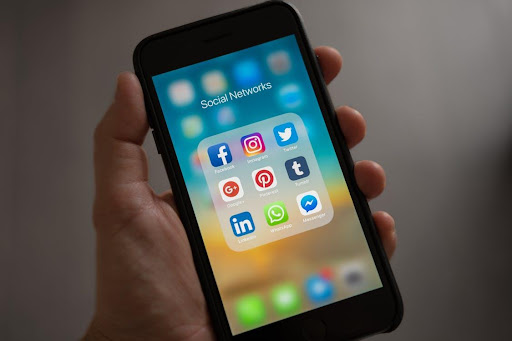
Streaming
Watching TV is becoming less and less about getting the right cable or satellite TV provider, and more about subscribing to different streaming platforms. Netflix, Prime Video, Disney+ and more give smartphone users the opportunity to access all the movies and TV shows that they could possibly want.
What is the Future of Smartphones?
Mobile phone technology has changed so much, even since 2007 – so what is going to come? Different experts have different ideas, but some of the popular theories include:
True wireless charging – either using radio wave frequencies (reducing the need for electricity) or through solar power.
6G technology – 50 times faster than 5G, making seamless augmented reality possible and even futuristic ideas like holographic communication.
Flexible screens – Samsung have already created a foldable smartphone combining a phone and a tablet, but with more flexible materials available we could be stretching our screens to suit our needs.
Port free devices that do not have any buttons at all – Wireless chargers mean no ports for cables, and Bluetooth connectivity for headphones already exist, so completely smooth interfaces could be the future.
True hands-free using AI and voice commands, choosing the interface that suits you best – ear pods and smartwatches with seamless integration with the Internet of Things (IoT).
Some tech innovators think that smartphones wont even be a physical device that we hold in our hands – perhaps they will be microchips in the wrist or fingertips, devices implanted under the skin that can collect and transmit our data without us needing a phone of any kind… who knows.
